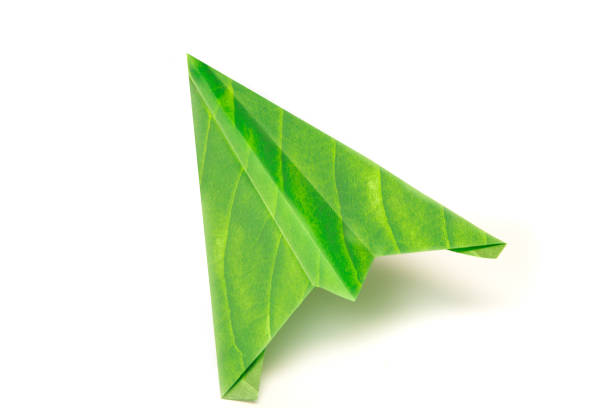On 4 February, Japan Airlines (JAL) successfully operated its first commercial flight using Japanese-made Sustainable Aviation Fuel (SAF).
Environmentally-friendly airlines
Japan Airlines (JAL) has successfully transported passengers from Tokyo Haneda to Fukuoka on a domestic flight run on SAF. Whilst most conventional SAF is usually made from non-edible plants and forestry waste, the SAF used by JAL also comes with an unconventional twist. That is, it is made from used cotton clothing.

JAL is not the only airline that has looked to new fuel sources to lower their global emissions, with Dutch airline KLM joining them in using SAF. Meanwhile elsewhere, aircrafts are being recycled in France to be used as material in the construction of a new football stadium.
JAL’s commitment to SAF
In 2018, Japan Airlines initiated a programme to convert used cotton clothing into SAF. With the assistance of local companies, the project managed to collect over 250,000 garments! The airline also teamed up with the Green Earth Institute and the Institute of Innovative Technology for the Earth (RITE), who assisted in creating the required bio pressing technology. JAL’s SAFs are a brand new technology, with the first sample of their SAF being produced in March 2020.

However, this is not JAL’s first effort in working towards a more sustainable means of transport using SAF, the airline conducted Asia’s first test flight using SAF in 2009. The airlines’ commitment to “protect[ing] the planet”, as the airline itself stated, is clear to see. As a result of its efforts, the airline earned itself recognition as an “Eco-First” company from the Japanese Ministry of Environment.
Long term sustainability

Currently, aircrafts can only be fuelled by 50% SAF, but with programmes and efforts like JAL’s, the future of sustainable travel looks bright.
This is an enormous step for Japan Airlines and the future of sustainable travel. What do you think of these sustainable measures and what other methods could airlines utilise? Share your thoughts with us below.









